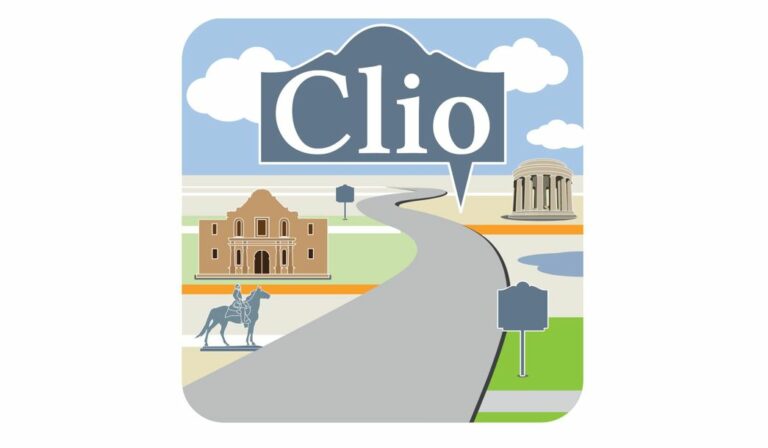Gift for digital and public humanities project fuels research, student experience
A recent gift from the William T. Kemper Foundation – Commerce Bank, Trustee is expanding student research opportunities in the UMKC School of Humanities and Social Sciences.
As the world began to shut down with the first wave of the COVID-19 pandemic, the then-College of Arts and Sciences developed a digital and public humanities project (DPH) at the University of Missouri-Kansas City. With funding from the foundation to establish the William T. Kemper Associate Research Professor of Digital and Public Humanities, the DPH project fueled new scholarship and programming in the public humanities.
“Our increased digital opportunities are expanding the exploration, inclusion and impact of race, gender, sexuality and nationality in existing research,” says David Trowbridge, Ph.D., who holds the Kemper associate research professorship in the department of history. “We are certain that combining data, research and a passion for humanities will result in remarkable work with both deeper and broader perspectives.”
Digital humanities brings innovative technology to historical and cultural investigation. Using textual, spatial and visual analysis, digital humanities sits on the leading edge of humanities research with a focus on public engagement. The resulting programming takes many forms, but the outcomes can include websites, documentaries, museum exhibits, digital apps and more.
Despite launching in uncertain times, the program has experienced success.
Trowbridge developed Clio, a free mobile app that provides information on thousands of historical and cultural sites throughout the United States, as part of his research. Users can enter locations and experiences within the app to share with other users. More than 37,000 historical entries are available as well as nearly 1500 walking tours and virtual tours of historical sites, including the Kansas City Museum.
Katy Anielak (MA, history ‘23) worked with faculty to create the Kansas City Women’s History Trail, developing virtual museum tours and articles featuring Kansas City landmarks for the app.
“When I spoke with Dr. Trowbridge, he mentioned how a trail dedicated to Kansas City women’s history didn’t exist. That inspired me to start the trail so it can continue to expand,” Anielak says.
She worked with organizations such as the Midwest Center for Holocaust Education and Operation Breakthrough, a family services organization in Kansas City, recording and embedding the diverse voices of Kansas City into the growing Kansas City Women’s History Trail collection. This opportunity enriched her research experience.
“While I have made physical museum exhibits or written articles in the past, Clio challenged me to incorporate many different formats, such as photos, videos, interviews and building scans, into an accessible post,” she says.
This is the scholarship and experience that the Digital Humanities programming was designed to encourage.
“Katy gained confidence and experience as she conducted research that supported her efforts to create virtual museum tours,” Trowbridge says. “We believe that Katy’s virtual tour will serve as a model and learning experience as we support other historical and cultural organizations in Kansas City.”

